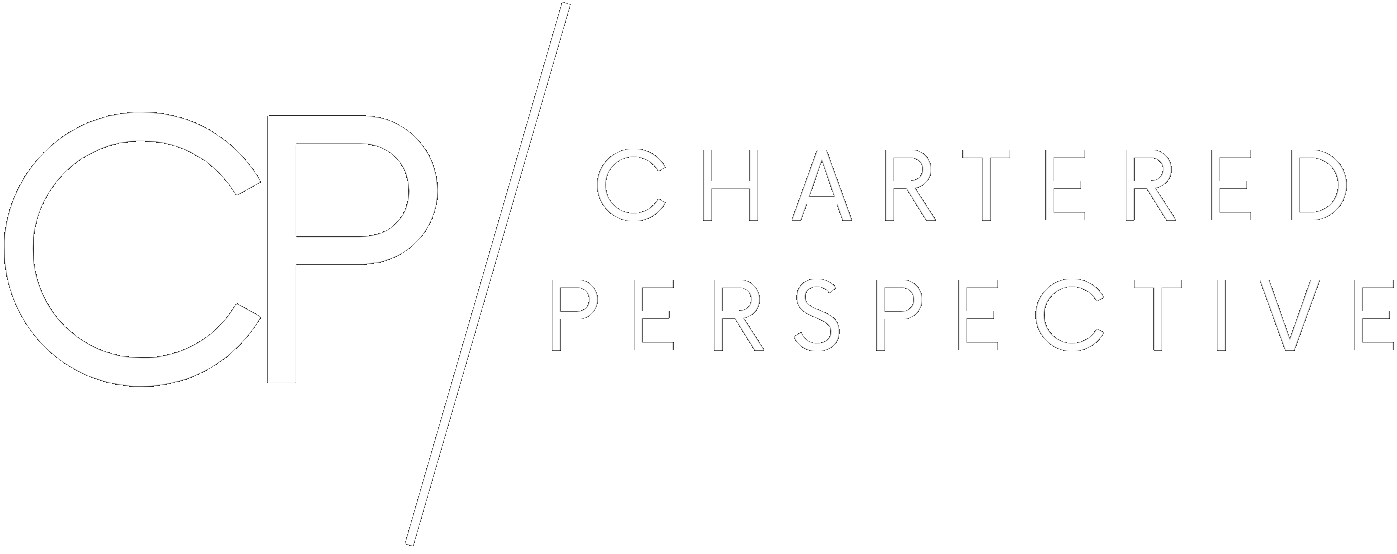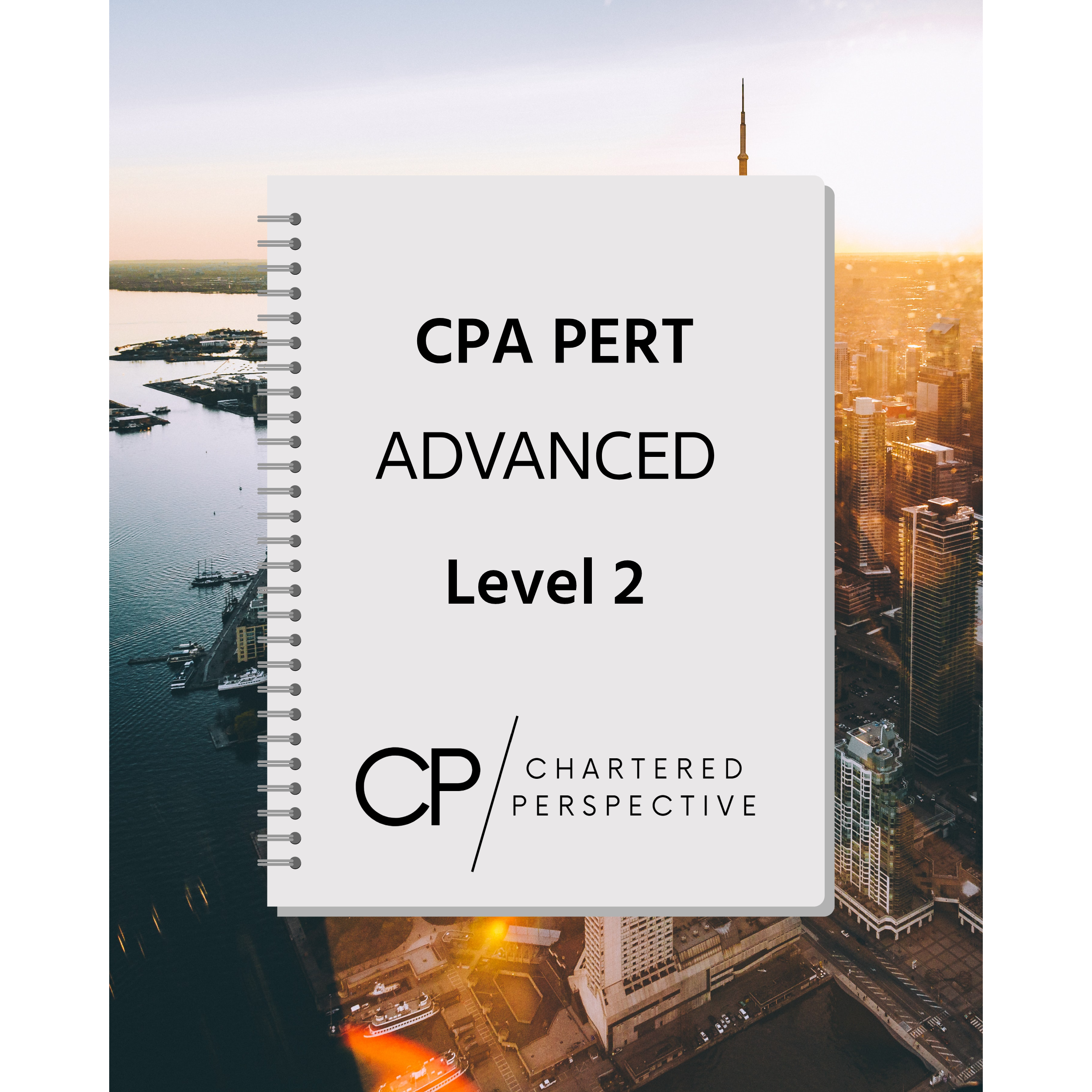CPA Canada Experience Routes; Worth Switching?
Many CPA candidates who have not yet completed the experience requirement portion needed to obtain the Canadian CPA designation are often faced with a tough decision when it comes to accepting a new job offer. This generally comes up under two scenarios:
CPA candidates currently working in Pre-Approved Programs (PPR) such as the Big 4 or other accounting firms who have received a lucrative job offer to enter industry, or
CPA candidates who are considering leaving their good Experience Verification Route (EVR) job for a less appealing job in a PPR.
Pre-Approved Program (PPR) vs. Experience Verification Route (EVR)
The two routes are very similar on the surface however after diving deeper, it becomes clear that EVR is a substantially heavier administrative burden on the candidate. The two routes are summarized below:
Pre-Approved Programs (PPR)
These are generally accounting firms (for example, Deloitte, BDO, etc). who employ many CPA candidates and provide a relatively structured work experience to employees. More recently, one can find PPR outside of accounting firms, for example in certain jobs at large “industry” employers such as Telus, General Electric, or RBC.
These firms/employers work together with the relevant CPA body to prove that their employees perform jobs which will allow them to develop all of the necessary competencies expected of a freshly minted CPA, and therefore the candidates in PPR roles do not need to “prove” to the relevant CPA body that they are developing their competencies with written reports, but rather, they merely self-assess and declare their competencies, with the relevant CPA body relying on the candidate’s mentor (an existing CPA designated individual) to review, challenge, and if in agreement, ultimately sign-off, on a candidate’s experience report.
Note that PPR candidates must still draft written reports for the enabling competencies – the above statements are in relation to technical competencies.
Experience Verification Route (EVR)
The EVR is designed for all other CPA candidates who are not in PPR as described above.
This route involves CPA candidates self-reporting their progress against desired CPA competency areas. The difference is that instead of the relevant CPA body assuming the candidate is building the required technical competencies, the onus is on the candidate to be able to describe in written reports their duties, learnings, and experience, to convey to the CPA reviewers that the candidate’s experience is in line with what the CPA governing body desires for a newly minted CPA.
The EVR process is the same for enabling competencies as for PPR
In summary, candidates reporting under PPR only need to write reports for their enabling competencies, whereas candidates reporting under EVR must write reports for both their technical and enabling competencies. It is worth noting that the technical competency reporting is generally more cumbersome than what is required for the enabling competencies. Note that a CPA Practical Experience overview is provided in the Chartered Perspective PERT Basic and Premium guides.
Switching from Pre-Approved Program (PPR) to Experience Verification Route (EVR): Worth it?
It’s clear that the primary difference between the two routes is the experience reporting requirement for technical competences. As someone who has worked in both PPR and EVR on the way to obtaining my CPA designation, below are the key factors candidates should consider:
Are you being offered the same job right now that you hope to have after you become CPA designated?
If the answer is yes, it does not make sense to arbitrarily wait to receive the designation only to then hope to find the same opportunity later. Generally, candidates pursue the CPA designation in order to be able to obtain the job they want. If the opportunity is there prior to CPA completion, make your dreams a reality sooner. Make the switch.
Will your new job satisfy the requirements of qualifying experience?
If the answer is yes, see the point below. If the answer is no, see the point above. Candidates should weigh the pros and cons of completing the CPA designation versus accepting the position offered. A good analysis would include a weighted matrix of career growth and job security. Keep in mind any time and fees paid towards the CPA are a sunk cost.
Quantify the impact of switching from PPR to EVR, for both dollars and hours.
Consider that writing a strong PERT report under EVR may take 2-3 hours for a Level 2 response. A candidate who has for example five more Level 2s required and nothing else can assume they will need to invest a further 10-15 hours to complete their experience reporting. Consider these working hours – how does this affect your hourly wage? How about your expected work-life balance? Are you still really receiving a substantial raise if you count the number of hours extra you will have to put into your PERT Reports? How about your work-life balance, are you going to be working far less if you need to submit PERT reports every 6 months?
Final Thoughts
This decision seems to be a tough one for many people and for good reason. Candidates have invested a good amount of time and money to make progress towards obtaining the CPA designation and they do not want to risk losing it. In my opinion, the risks of switching are overstated. Ultimately, the CPA designation is a means to an end – obtaining gainful employment or career opportunity. If one is able to obtain this without the designation, they should not artificially limit their opportunities in order to tick the CPA box if it doesn’t make sense to do so.
Entering EVR from PPR may seem intimidating, but leveraging the CPA Candidate resources on the internet or Chartered Perspective’s PERT guides can help ensure candidates have a smooth process and are able to take the job opportunities they want without giving up on their CPA dreams.






